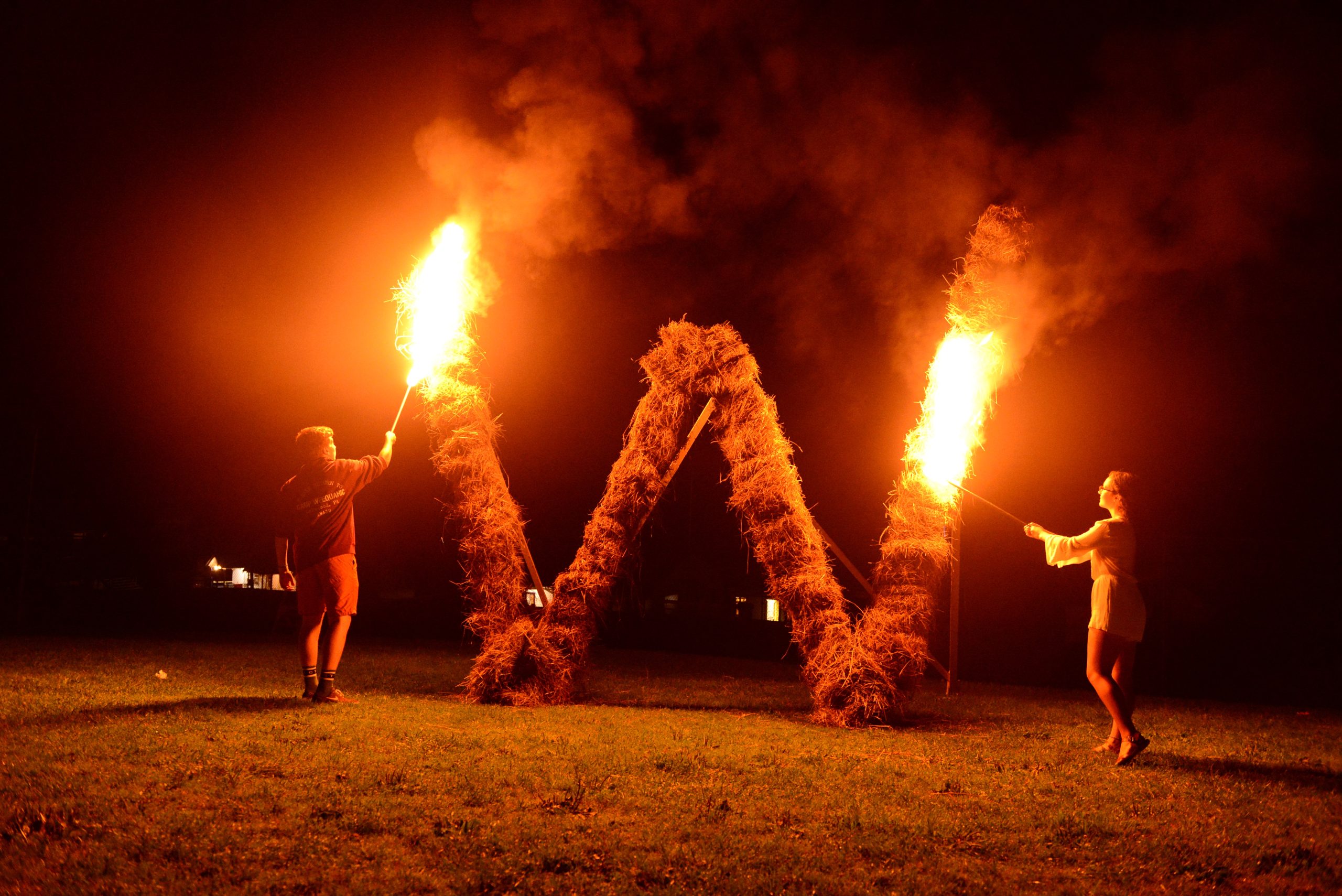A few weeks ago, someone asked if I could boil down the two most important parts of running a summer camp. After thinking a bit about it, I said ‘building an incredible community for kids and staff’ and ‘managing risk.’ The first part is a ton of fun. The second is an important challenge.
(Believe it or not, campers, but your parents have pretty similar goals for you, too. They want to prepare you to be a helpful part of the community of adults. That’s why they support your learning and your manners… and your interest in camp! They also want you to learn how manage risk going forward. It’s a foundational skill that we all need to practice.)
I recently enjoyed a great conversation with Paul Dreyer, the CEO of Avid4 Adventure, about the importance of risk in the lives of our kids. A couple of things came up that I wanted to pass along. (You can also listen to Paul at the Campfire Conversation podcast if you’d like.)
Actual vs. Perceived Risk
Director Kate is petrified of sharks. Her brother forced her to watch Shark Week with him when it first came out. Since then, swimming in the ocean has been very low on her list.
She knows the actual risk of getting bit by a shark is super, super low. But the perceived risk is really high. That is thanks to movies and the media coverage of the very rare shark attacks. (Plus, the teeth! The speed! I get it….)
However, it’s when we are battling perceived risk that we learn and grow the most.
Imagine climbing past your self-set limits on the wall or getting up on stage with your bunk for the first time or even making a new friend. All of these things you perceive as risky… even though they actually aren’t.
When you make it through those moments – whether you are successful at the attempt or not – your body remembers that you battled through those risk perceptions. And, when other opportunities to battle perceived risk arise, you’ll be prepared to take them on.
Environmental Assessment
Our oldest is heading off to college in August. He’ll have a lot of opportunities to practice this skill. The good news is that he’s already practiced it a lot at camp.
When going into a new situation – whether it is in the lake or walking into a party – you want to say to yourself, “Ok, the situation is changing. What’s the change? What are the things I should think about? What’s one rule that I should follow?”
Think about going to camp for the first time. Your situation is definitely changing! You are going to be around a lot of new kids and living away from home for a handful of days. You should think about jumping into the experience with both feet… and remember that it’s natural and normal to miss home. One rule: I’m going to smile and be friendly with everyone I meet. (“Listening to your counselors” is a good rule, too!)
Reflection
Ah… the most important and least used aspect of learning. At the end of the experience or the day, taking a moment to think back over what you did, what you learned, and how you’ll do it differently next time is HUGELY useful.
And, it’s not something I do away from camp very often.
Many of you may not know but we have a team meeting every morning at camp before the day gets rolling. We take a critical look at the day before and figure out what went well and what we need to improve. That takes more than half the meeting… because we do so much in a day! But it also gives us input on how we should move forward with our goal to create amazing for everyone at camp.
I know this would be just as helpful at home as it is at camp. Even if it’s a 5 minute review each morning when I wake up or sit at the desk. You could probably find some time, too.
Embrace & Learn from Risk
Risk – it’s important! A life without risk is pretty dull. So introduce more perceived risk in your life. Don’t go swim in a shark tank or climb the tower without safety equipment. Do push through some of those perceived risk areas though like making a new friend. When you approach a new situation, ask yourself what is changing and set one rule that will help. Finally, reflect on what you’ve learned!
It all adds up, campers. Each step you take on this journey is an useful and important one. No go out there and be AWESOME!

